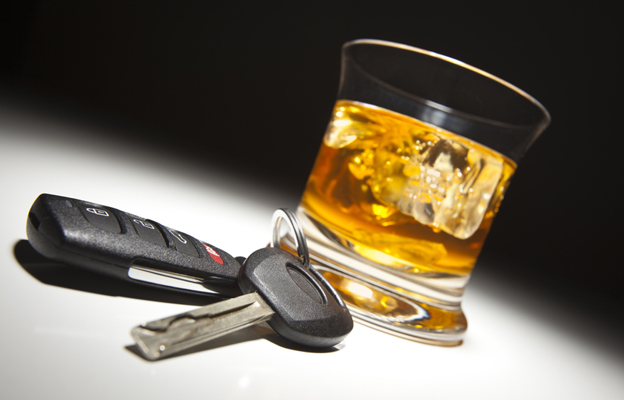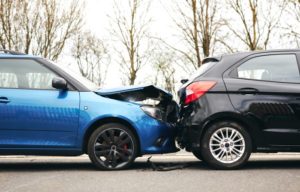
If you’ve been in New Jersey, you know how densely populated the state is. The population density is about 1211 residents per square mile- relatively high. The population density and the state’s proximity to other major cities like Philadelphia and New York make it dangerous to drive. But truth must be told; New Jersey seems “drunk” if you’re to go by the statistics of accidents caused by drunk driving.
The state has enacted punitive laws to prevent such, including suspension of licenses, high fines, and such. But the penalties for a DUI in the state seem insufficient. The state continues to record deaths from drunken driving crashes.
One of four vehicle accidents in New Jersey was due to DUI, and these were collisions from the NHTSA records. 29% of these accident fatalities in 2014 involved alcohol. Then 2018, things were worse; deaths out of drunk driving accounted for 22% of all fatalities.
What happens then?
The following are some measures, if followed, would see the accidents in New Jersey reduce significantly.
Here are strategies to reduce accidents caused by drunk driving
Drunken driving laws
One of the strategies that would work perfectly is banning anyone from driving with a BAC of 0.08% and above. For those under 21, there should be strict adherence to #StaySoberNJ or “zero-tolerance laws,” which make it illegal to drive when your body system has any measurable amount of alcohol. These are laws applied in the Columbia district and have had a tremendous effect on highway safety. It has saved thousands of lives since its inception.
Sobriety checkpoints:
Allowing the police to stop vehicles at designated visible locations and check if the driver is in any way impaired. Here, the police will stop the cars and check randomly. If the police have a reason to suspect that the driver is in any way intoxicated, breath tests may be taken.
Multi-component interventions:
combining several policies to curb drunk driving in New Jersey may also be a perfect strategy. That would be a multi-agency approach where there are comprehensive efforts involving taskforces to design and implement laws.
Mass media campaigns:
In as much as many people want to ignore posters, radio, and Tele campaigns against drunk driving, rolling such campaigns in mass has an impact. The content would include sensitization on the danger of such acts and the punitive laws against such behavior. That would reduce accidents occurrences tremendously.
Where do these accidents happen in New Jersey?
Records show that Essex County in New Jersey recorded the highest cases of accidents in 2018 -precisely 30,078 followed closely by Bergen County at 29,458. That’s not a surprise because the population in the two counties is pretty dense. Salem County had the least occurrences.
Injuries and fatalities
Many of the accidents resulted in deaths and injuries.
In 2018, the state of New Jersey recorded 61,043 injuries from car accidents, and 6779 of these happened in Essex County, then 6292 from Bergen and 4299 in Passaic.
Auto accidents inflict a lot of pain and are very traumatic. There’re also lasting physical and financial consequences on the victims. When driving on the highways of New Jersey, you never know what may befall you. Thus the most important thing would be that you get an accident attorney to contact you any time you’ve got an issue. That way, you know you have someone to hold you when the worst happens.








